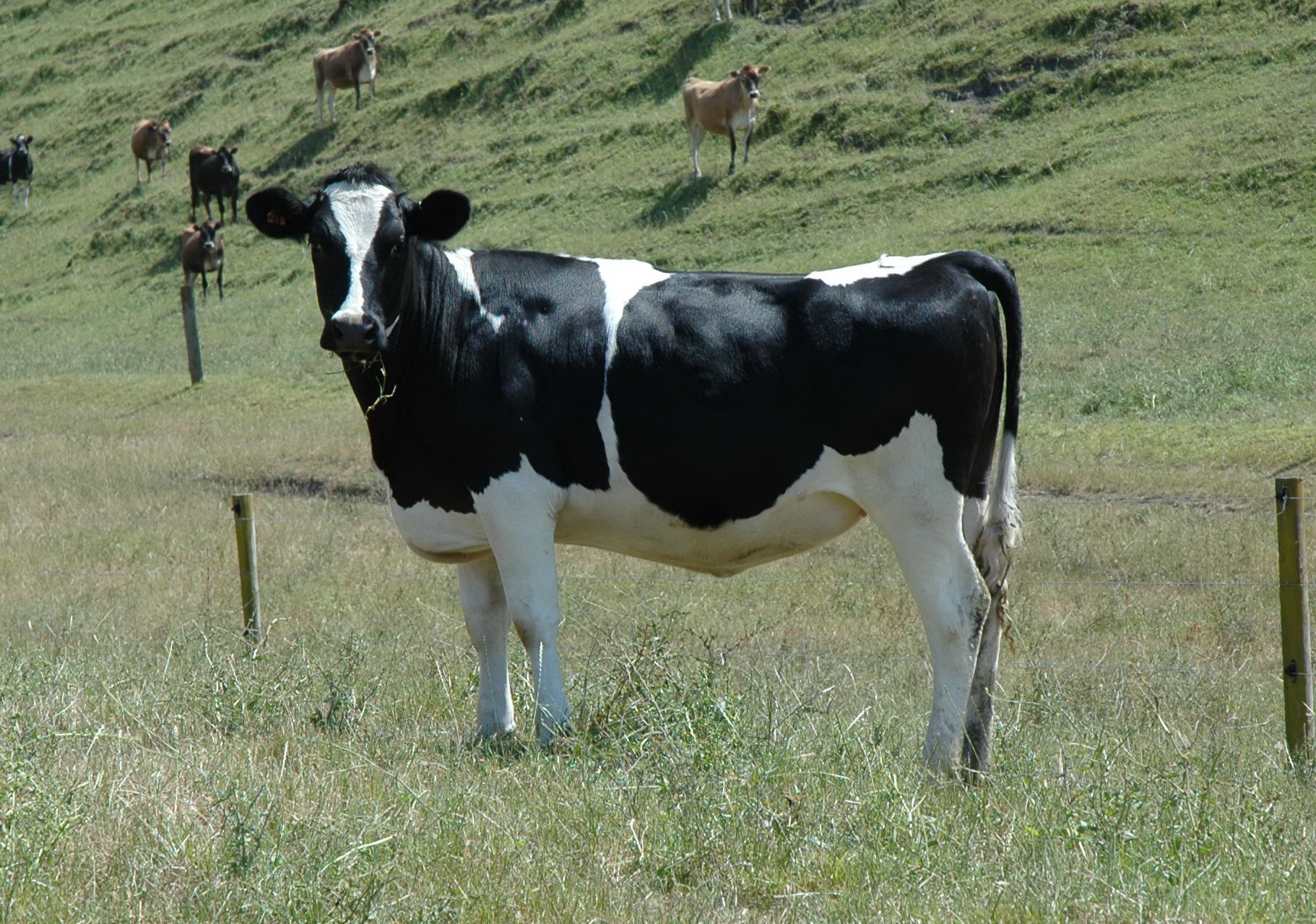Amidst the general concern for New Zealand dairy farmers and their short term prospects, there is a good news story circulating which could increase their income from calves by up to $70/head.
I’ve been following the Dairy Beef Integration Programme through my colleague Doug Lineham, who is managing this project. Doug’s roots are firmly in the red meat sector and he has genetics experience, so he is well suited to drive this work. He has deep networks across the primary industry and a real passion for improving farm profitability – attributes which make him an extremely valuable team member here at Rezare Systems.
A key statistic demonstrates the opportunity – 70% of the beef kill originates from the dairy industry. The beef industry reports buoyant demand for quality table beef, driving premium pricing for quality dairy/beef livestock.
But most dairy farmers mate their lower BW cows to natural mating bulls with no records. There is a perception that putting beef over dairy can lead to difficult calvings, so dairy farmers use a Jersey or crossbred bull.
The programme has shown that there were no calving problems caused by the AI beef sires, and while birthweight was slightly lower, weight gain during rearing showed little difference across the sire types.
The timing benefits of AI were apparent. Because calves were born earlier, they reached 100kg at a more desirable time for beef finishers, and their dams had more days in milk. (AI beef semen prices sit at around 20% lower than dairy).
Doug Lineham calculates that the dairy/beef bobby is attracting an extra $70/head more than a mixed or dairy bred calf. Extend that across a 300 cow farm mating 200 cows to proven beef, and that equates to around $14,000 additional income. That’s welcome news for all farmers under pressure. And it’s a win-win scenario, as the economic impact for the New Zealand beef industry is forecast to be $2.8 million annually.

